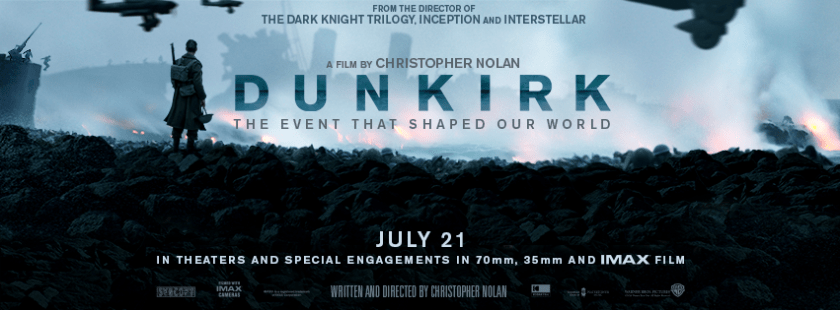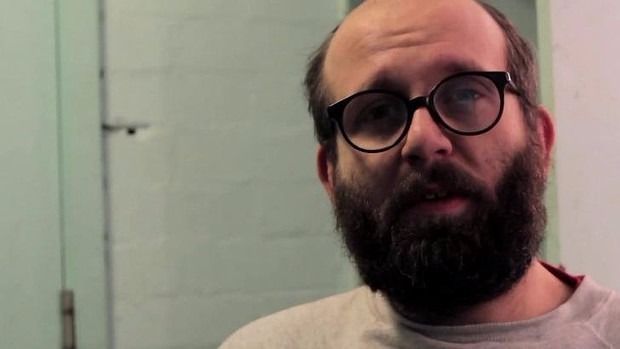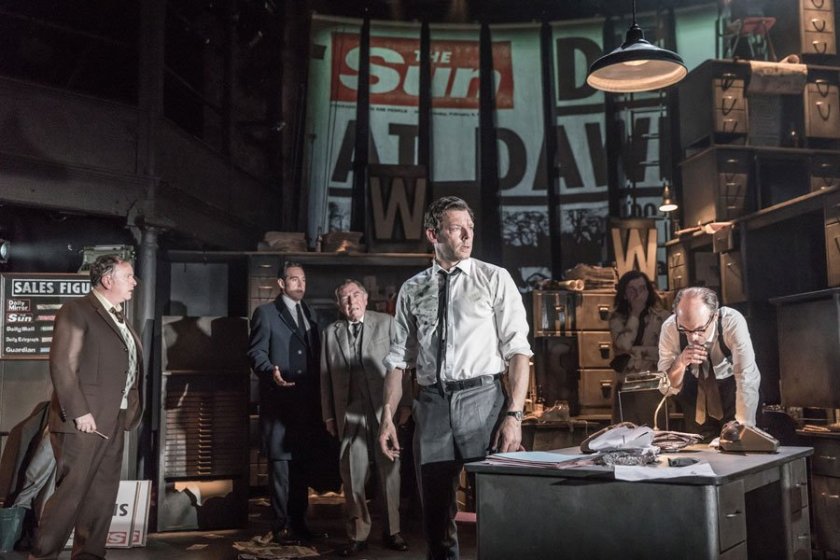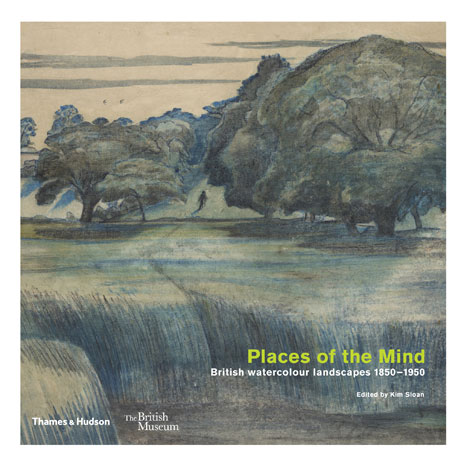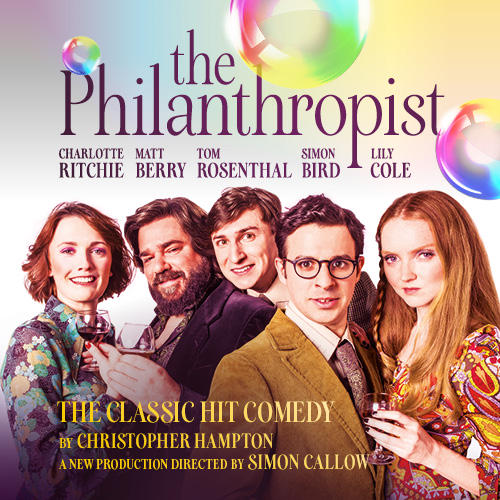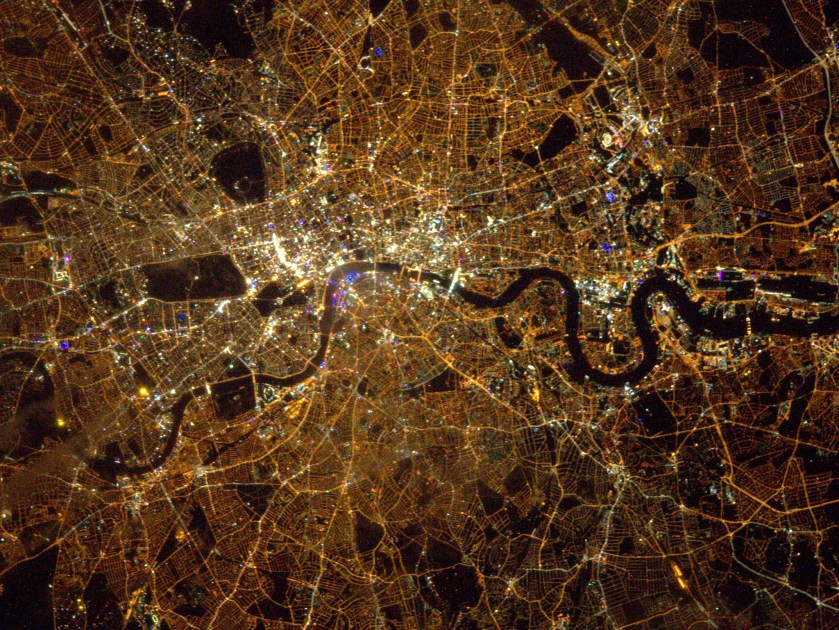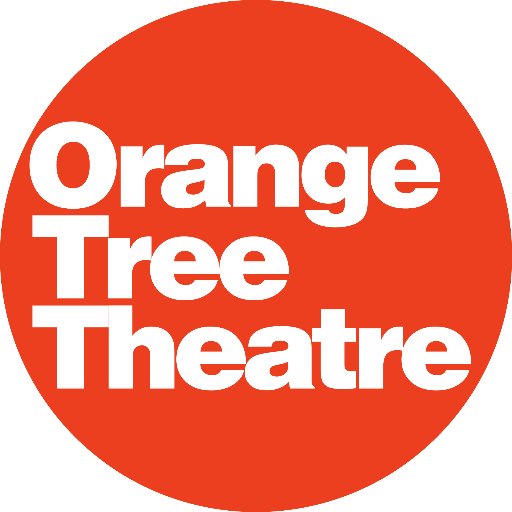
Directors’ Festival 2017
Even Stillness Breathes Softly Against A Wall ***
The End of Hope *****
Albert’s Boy ***
Orange Tree Theatre, 26th, 27th, 28th July 2017
Now this really is a mighty fine idea. Take five short plays by some of Britain’s finest contemporary playwrights and hand them over to five talented young directors currently completing their MA’s at the local St Mary’s University (just down the road). Assemble fine actors and students to support the enterprise, carve out a week of rep, and charge just £7.50 a ticket to us punters. Everyone’s a winner.
Now I was only able to make 3 of the 5 offers, missing out Enda Walsh’s Misterman and Kate Tempest’s Wasted. But the three I did see where very good, and, in the case of David Ireland’s The End of Hope, outstanding.
Brad Birch has form at the Orange Tree with his The Brink being performed a couple of years ago and Black Mountain coming up. Even Stillness …. has some of the qualities I observed in the Brink. There is an anger and paranoia in the way characters react to contemporary life which is interesting if not entirely satisfying. In the Brink the lead character, teacher Nick, may have stumbled across a conspiracy or may be cracking under the stress of the job. It is funny and sharp but, once the direction of travel was established, seemed to run out of steam a bit for me. Here, Even Stillness ….. shows a couple, Him and Her, in full on alienation at work mode, who then slowly retreat into each other at home, but whose rejection of their rubbish modern life spells another type of disaster. It is spiky and angry but in some ways lacks surprise. On the other hand it is hard to see how the direction of Hannah de Ville and the acting of Orlando James (last seen by me as a convincing Leontes in Cheek by Jowl’s Winter’s Tale) and Georgina Campbell could have been bettered.
Albert’s Boy is, I believe, the first play from the pen of James Graham. Mr Graham is now the master of the socio-political comedy – witness Ink at the Almeida (Ink at the Almeida Theatre review *****). This two hander sees Andrew Langtree’s Bucky, friend of the family and Korea vet/POW, visiting Robert Gill’s Einstein, in the US in 1953. Einstein is tortured by his involvement in the programme that led to the launching of the atomic bombs, Bucky is scarred by his recent internment. Cue an examination of the big picture political landscape of the times and smaller scale demons of our two leads. Like Mr Graham’s more mature works this has some laugh out loud lines and easy to digest learnings. yet is is a little worthy and static. Once again though I couldn’t fault cast or the direction of Kate Campbell.
Now I have to say I think The End of Hope is a terrific play. I ended up having to cancel Cypress Avenue at the Royal Court last year (bloody kids were up to something) which annoyed me immensely. And I missed Everything Between Us at the Finborough recently. That was stupid judging by this. The End of Hope takes a slightly surreal one night stand and proceeds to mercilessly skewer notions of identity, political, religious, sexual, the nature of fame, high and low culture and pretty much anything else that takes Mr Ireland’s fancy over 50 minutes or so. It is hilariously funny with twists and turns which are not at all forced. As with his other plays sectarian division in his native Northern Ireland acts as the backdrop for the satire. But this is far from geographically bound. Breathless stuff with a real chemistry between Elinor Lawless and Rufus Wright as Janet and Dermot. And hats off to director Max Elton. I suspect getting the pace of performance right here is much trickier than it looks.
So there we have. Three fine plays. Theatre alive and well in the hands of these lovely young people and an urgent need to see more of David Ireland’s plays.

